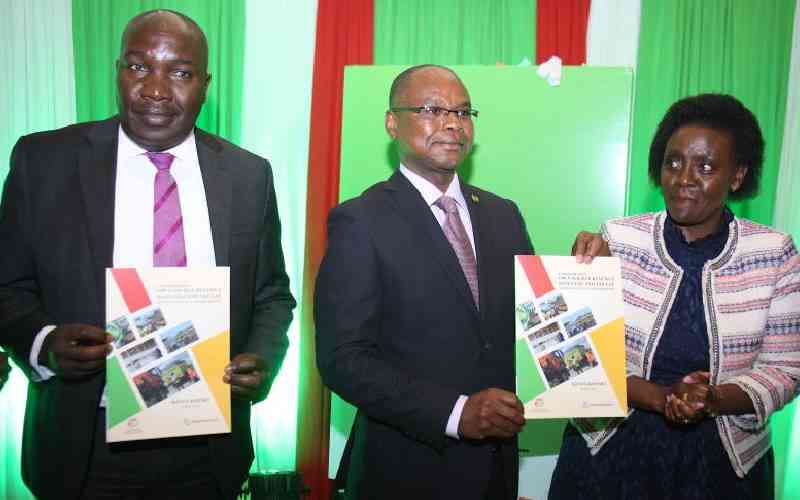×
The Standard e-Paper
Kenya’s Boldest Voice

Our transformative Constitution offers a democratic construct that we continually refuse to process. We are one State and country, owned by one people who are sovereign (rulers).
Katiba demands that we are one nation. But we approved it on the basis that our multi-national identities would retain local voices, which is why we have 48 governments; one national and 47 county equivalents.